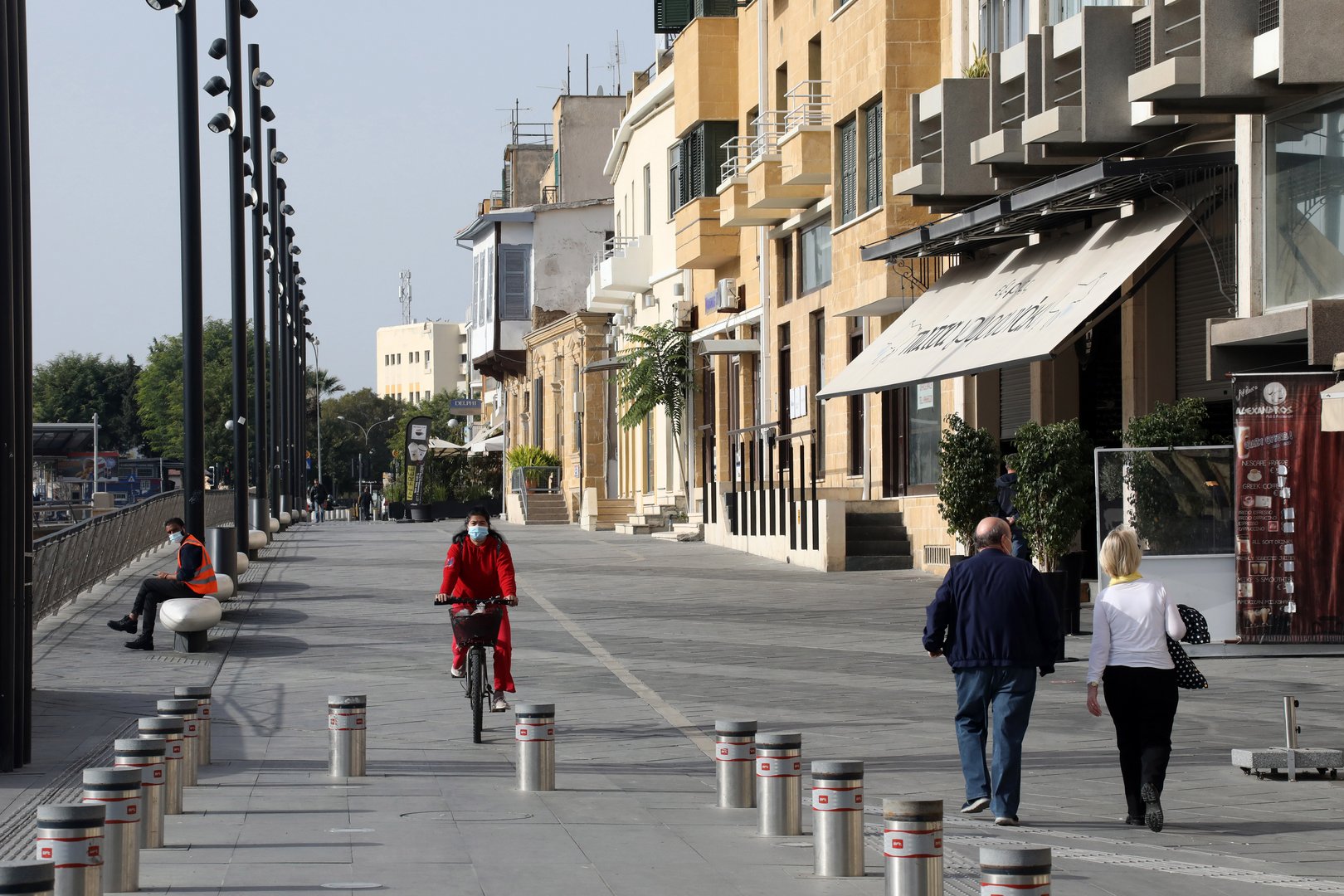The advisory committee on coronavirus is already mulling a possible relaxation of the lockdown, but any decision will be contingent on fewer hospitalisations, committee head Constantinos Tsioutis said.
“The most decisive factor and the most decisive indicator for us to transition safely to relaxation is for the situation in the hospitals to improve. What led us to propose tougher measures was the pressure (on the health system) because of the large number of people who needed hospitalisation. Therefore, this will be the precondition for relaxations,” he said.
Tsioutis said the lower number of cases of recent days was due to the tougher measures of December, and not the lockdown that came into force on Sunday, the results of which have still to show.
“We are seeing a change that started around January 10- 11 because clearly the December measures have started to bring results,” he said.
The drop had been slow because community spread was very high while the impact on hospitalisations – for which there is a two to three week time lag – will be seen later.
Because of the high number of cases of previous weeks, the number of patients in hospitals remains high, and Cyprus will continue to record deaths on a daily basis.
Tsioutis warned that any relaxation will bring an increase in the number of cases because of more contacts. The protocols must not only be adhered to but be such as to allow us to open up slowly, and to have good reflexes so as to be able to quickly control any new surge.
The easing of the lockdown will therefore be careful and slow, particularly in the beginning, and very targeted. “This means that specific areas will start to open, depending on the danger and the risk of transmission”.
“We will not open the riskiest places. Nor should we expect that the highest number of permitted people will suddenly increase dramatically in the first weeks of February, nor that a lot of places will open at the same time, increasing the risk.”
Tsioutis said he does not expect the pandemic to be fully under control in 2021, which means that Covid-19 will also be with us, probably in a milder form, in 2022.
“Therefore, if the vaccinations offer protection for one year, we will need to revaccinate,” he said, but noted that based on knowledge to date, this was not yet certain.
Asked to respond to criticism that Cyprus should have gone into lockdown earlier, he said that the scientific advisors, at least those who had not proposed it, believed they could control the situation by scaling up measures.
“And as the previous days’ results show this is the case. The situation improves with just the scaling of up of measures, without a lockdown. That is one thing. The second is that the lockdown is very binding, which you never know how long it will last.”
Had we gone into lockdown in early December, the most likely scenario is that we would not have opened during the Christmas holidays which are a high-risk period. Moreover, Cyprus’ epidemiological situation did not justify an earlier lockdown, he added.







Click here to change your cookie preferences